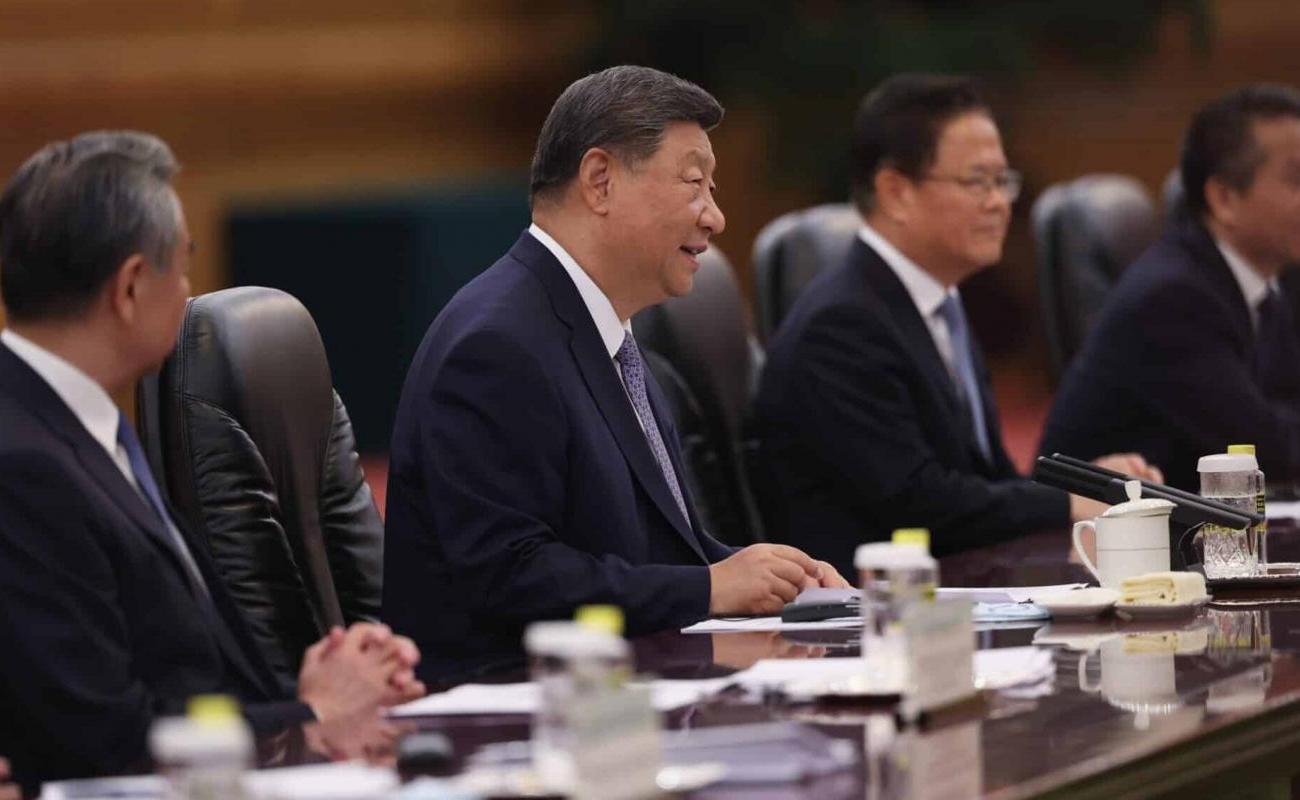China Index: Beijing’s Influence Waning in Balkans – Except Bosnia

The latest China Index analysis, published by a civil society network that includes BIRN, suggests that Beijing’s influence declined in most of the Balkans in 2024, with only Bosnia and Herzegovina bucking that trend.
A new report published by China in the World, CITW, a research initiative, on Wednesday, suggests that Beijing’s influence is declining across most of the Balkans, with the exception of Bosnia and Herzegovina’s Republika Srpska entity, where it has grown, particularly in the economic domain.
“This is the first time we can systematically compare PRC [People’s Republic of China] influence across countries and over time,” said Tim Navan, Deputy CEO of Doublethink Lab, a Taiwanese think tank and part of the same NGO network.
“The data not only shows where vulnerabilities are deepening, but also where societies are proving resilient,” he added.
The China Index 2024 report underlines that public opinion shifts and debates over Chinese investment have contributed to its declining influence in various European countries. The trend is similar in the Balkans, except in the Serb-dominated Republika Srpska entity.
Serbia and Turkey remain the countries in the region most exposed to Beijing’s policies, according to the China Index 2024.
Serbia retained 34th place in the ranking of 101 countries, followed by Turkey, which slipped to 42nd place, down from 31st in 2022.
“The main channels of communication and cooperation between Serbia and the PRC [People’s Republic of China] are government and ruling party elites. Many other instruments of PRC influence are ostensibly neglected, as most issues of importance can be handled this way,” the China Index 2024 says.
It notes that the economy remains the crucial field of Serbia-China relations, with trends of growth also in academic and defence cooperation.
The index says Beijing’s influence in Turkey continues to grow in many areas, despite problems in bilateral relations, especially over China’s handling of its Muslim Uyghur minority, who are kin to Anatolian Turks.
“However, this does not stop China’s growing role, especially in the Turkish economy and technology sector, where the PRC is investing in large Turkish companies via partnerships, loans and acquisitions,” it says. It adds that as long as Turkey’s democratic backsliding continues under President Recep Tayyip Erdogan, “China is expected to be more influential over the Ankara government in many areas”.
Increasing ties with Republika Srpska
The index ranks 101 countries in terms of their overall exposure to Chinese influence, with Singapore, Cambodia and Pakistan ranked highest in the world.
In the Balkans, Bulgaria was ranked in 45th place (down from 36th in 2022), Romania in 72nd (53rd in 2022), Greece in 77th (69th in 2022), Montenegro in 100th (77th in 2022), and both and North Macedonia Albania in 101st place – at the bottom of the global list.
Bosnia was the only Balkan country to rose in the rankings, to 54th place in 2024 from 70th in 2022. The China Index attributes this to China’s growing influence in the country’s Serb-run entity.
“The significant investment from the People’s Republic of China, particularly in infrastructure projects in Republika Srpska, showcases the growing economic ties between China and Bosnia and Herzegovina. The focus on Republika Srpska highlights an evolving regional dynamic closer aligned with Chinese interests in Serbia,” it says.
Growing ties between China and the ruling Bosnian Serb party are also noted.
“The strategic partnership between the Alliance of Independent Social Democrats (SNSD) and the Communist Party of China underlines a deeper political engagement beyond economic ties. Such partnerships indicate a broader geopolitical alignment and cooperation between certain political entities in Bosnia and Herzegovina (again, mainly in RS) and China, potentially influencing policy decisions and regional dynamics,” it says.
Doublethink Lab and the CITW global network’s China Index is the first cross-regional project to objectively measure the overseas influence of the People’s Republic of China through comparable data.
The iIndex draws on data from 101 countries and examines Chinese influence across nine key domains: Academia, Domestic Politics, Economy, Foreign Policy, Law Enforcement, Media, Military, Society, and Technology.
